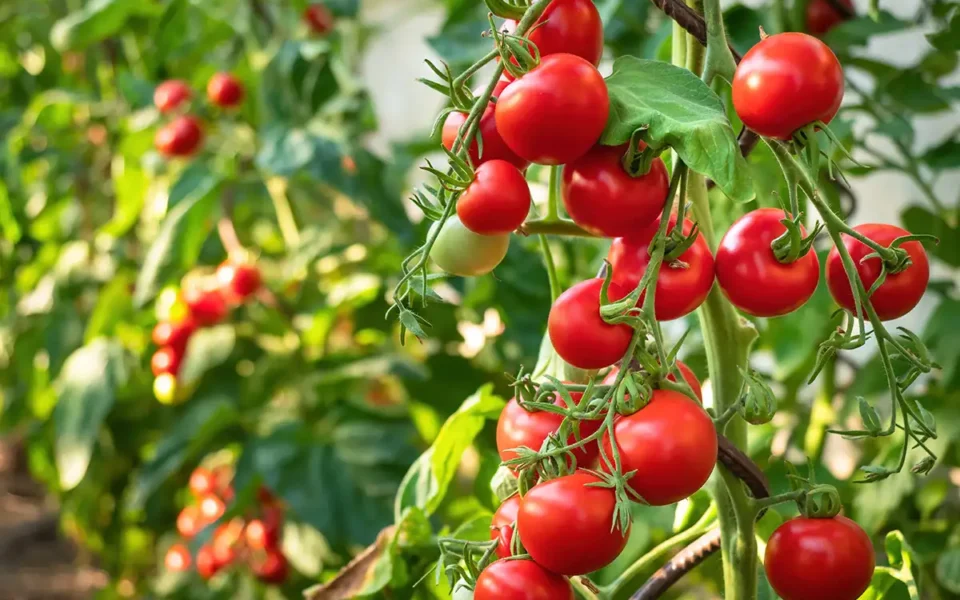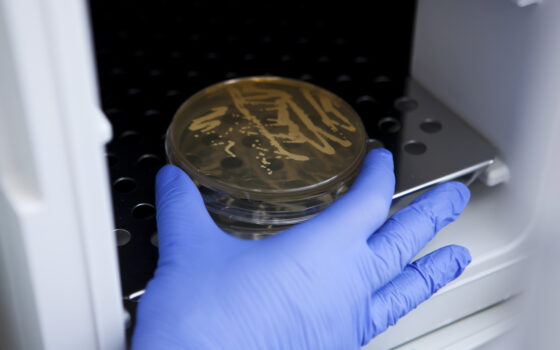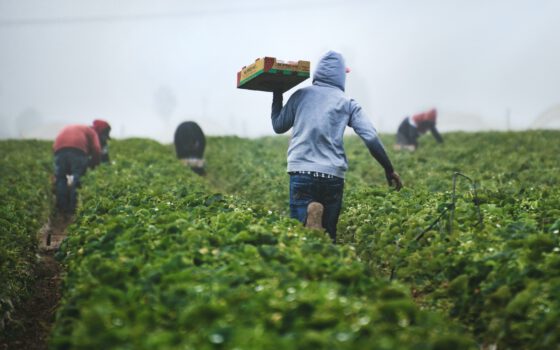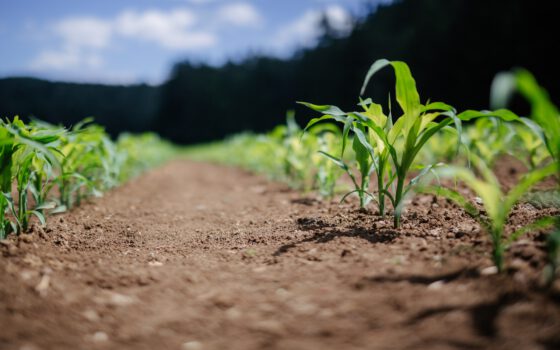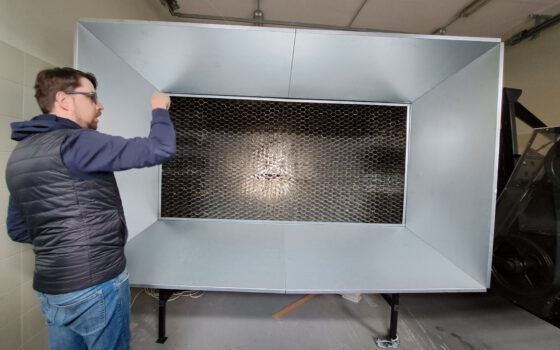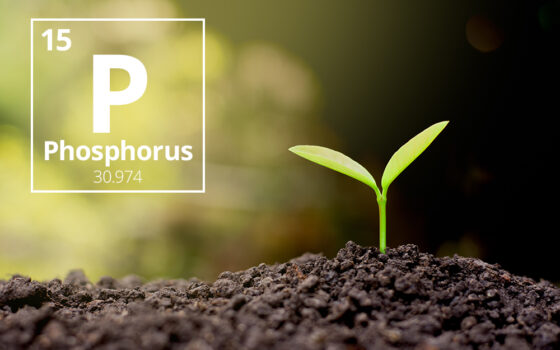We are excited to share the latest trial results of BioSpektrum WG efficiency and influence on tomato yield. The trial was carried out in collaboration between Nando and the Uman National University of Horticulture (done in Ukraine on 2021). The experimental sites belong to the Department of Vegetable Growing and the Scientific Laboratory of Mass Analysis.
BioSpektrum WG is an organic microbial product which enhances plant productivity and improves soil conditions. Main benefits:
- Affects the transformation of key nutrients into plant-accessible form (Nitrogen fixation and P, K, Si solubilization) and facilitates nutrition absorption;
- Improves soil microbiological activity and humus content;
- Biostimulates plants – they grow stronger and faster, resulting in higher yields;
- Improves soil structure;
- Increases plants’ resistance to drought and other stress factors.
Hence, the aim of the trial was to measure the BioSpektrum WG effect on the quantitative and qualitative indicators of tomato yield.
Researchers came across some challenges during the trial. The region where the trial was completed is characterized by periodic droughts, thus lack of moisture in the experimental plots was compensated by drip irrigation. Technological methods were implemented in accordance with the developed technological schemes for tomatoes in the forest-steppe of Ukraine.
After treating tomato seeds with BioSpektrum WG for 30 minutes, the seedlings were planted in open fields in the second part of May. The layout of the plants was 70 × 35 cm (40.8 thousand pieces/ha). To generate reliable results the trial with the same conditions was repeated four times.
Trial results have shown improvements in both quantitative and qualitative indicators:
- BioSpektrum WG stimulated the formation of a larger number of fruits on the plant by 6.0-10.1%, as well as increased the yield by 6.4-10.8%.
- BioSpektrum WG increased the tomato seed germination by 2–4%.
- Dynamics of changes in plant height showed that BioSpektrum WG does not lead to a significant increase in this indicator at the early stages of ontogenesis, however, at the end of the growing season, a significant increase in the stem height was recorded.
- BioSpektrum WG increased the amount of sugars in fruits by 0.2–0.3%, ascorbic acid by 0.7–0.8 mg / 100 g.
Control BioSpektrum
